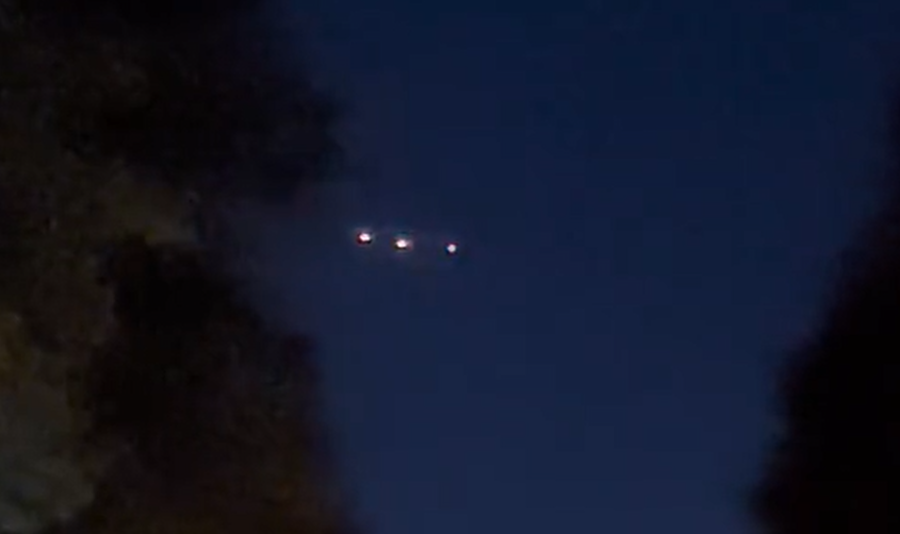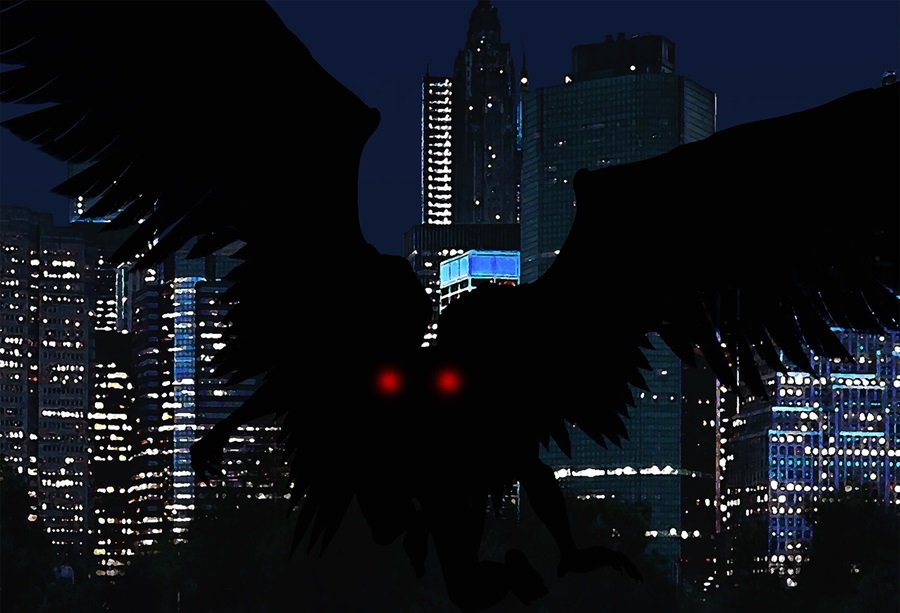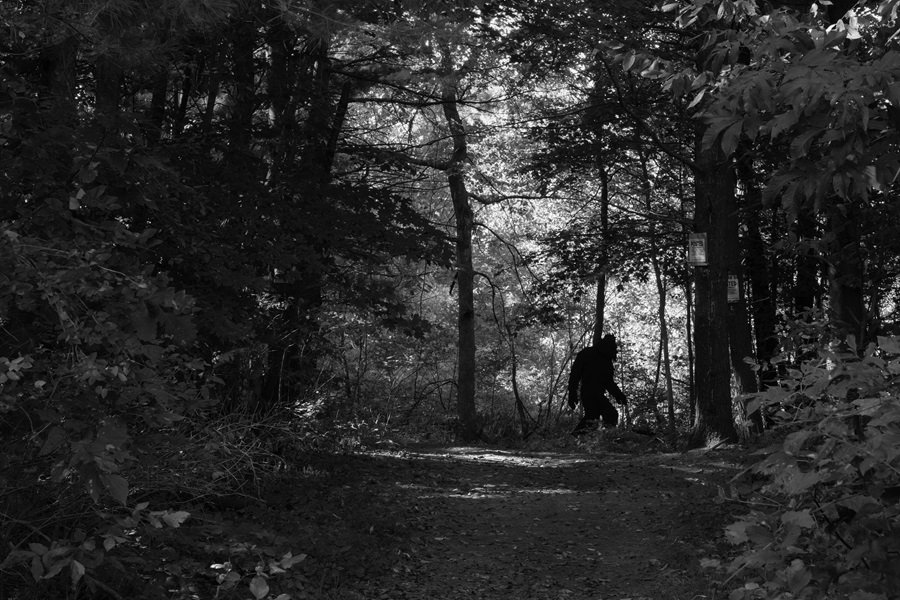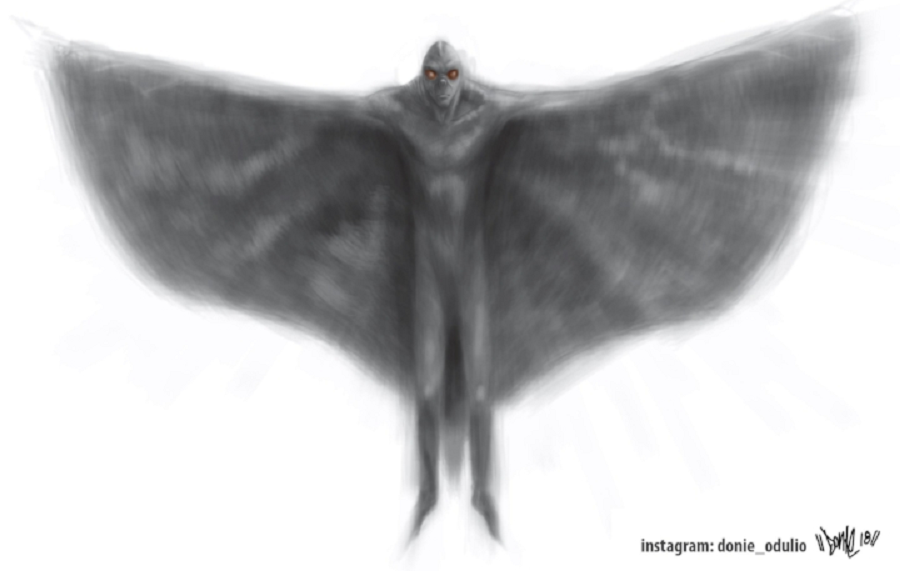'National UFO Historical Records Center' Announced at International UFO Congress
David Marler in the UFO library at his home in Rio Rancho, New Mexico. (David Marler / AP News)
UFO investigator and author David Marler announced last October at the International UFO Congress in Phoenix, Arizona, that he will act as the executive director for an upcoming national archive of UFO cases to be collected in Albuquerque, New Mexico.
Marler, the former Mutual UFO Network (MUFON) state director for Illinois and author of Triangular UFOs: An Estimate of the Situation, expressed in his presentation the importance of centralizing and preserving the vast amount of UFO lore within the United States, much of which has yet to be digitized.
“What’s the importance of all this? Looking at these historical cases, providing context for what we’re hearing about today, well, it demonstrates that there’s a rich, diverse history of this UFO phenomenon wherever you look, whether it’s newspapers, government documents historical archives, etc.," he said. “I was thinking about this a while back, when you look at the UFO subject, we have the National UFO Reporting Center (NUFORC), great. And we also have the National Archives, okay, but the one thing we don’t have is, you put these two ideas together, there is no National Archives of Ufology despite the need for one.”
Furthermore, Marler said, “I want to postulate this to you: What if we could centralize all the historical data under one roof. What if we could be able to cross-reference all this data to look for patterns, to gain insights, to add to the already growing amount of information and knowledge we have? What if we could scan and make accessible all of this material to the worldwide UFO community and get some really important people looking at this data? Imagine the case files and reports that have never been seen. The audio tapes that have never been heard. The potential discoveries that could lead to answers, potentially, to this mystery. So, what am I proposing? The largest gathering of UFO historical U.S. collections.”
According to the National UFO Historical Records Center website, their collections will include "official and civilian case files, audio and video recordings, correspondence, photographs, books, magazines, news clippings, research notes, microfilm, and digital and physical artifacts," with some notable historical collections including "the NICAP and CUFOS case files including J. Allen Hynek’s personal Project Blue Book files" and "important personal collections such [as] Philip Mantle from the UK, Antonio Huneeus and Lou Farish, among others."
This is especially important because "many of the owners of these collections are advanced in age and do not have a transition plan. In many cases, when researchers pass away, the inheritors of these collections do not appreciate their value and may even dispose of them. This circumstance has happened many times in the past and we do not know how many records we have already lost. Today, most collections reside in personal residences and have outgrown their physical space."
Bringing these disparate collections together and digitizing them will help preserve them for future research, argued Marler.
“Many people data mine the internet,” Marler said. “I’m here to tell you I would argue only 40 to 50 percent of the data is out on the internet. We still have physical case holdings that need to be digitized. I really look forward to trying to preserve the history and hopefully we’ll be here at future events to share that history with you and to help researchers and producers like James Fox.”
Marler will be joined at the National UFO Historical Records Center by Mark Rodeghier, Rod Dyke, Barry Greenwood, Rob Swiatek, Jan L. Aldrich, Barry Roth, and Michael Schratt.
Obtaining a physical space large enough to gather all of the material under one roof is the first stated goal of the organization, the completion of which will bring in the personal archives and collections of Rod Dyke and Barry Greenwood.
So far, no specific location has been named, although, Marler said, “We want to base it in Albuquerque, New Mexico because of the state affiliation with the subject."
To report your own encounter with the impossible, reach out to us directly at the Singular Fortean Society through our contact page.
If you enjoyed this article and would like to support the Singular Fortean Society, please consider becoming an official member by signing up through our Patreon page—membership includes a ton of extra content and behind-the-scenes access to the Society’s inner workings.





















